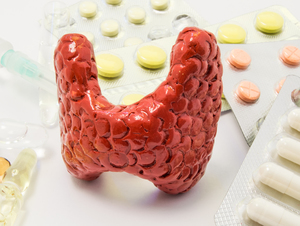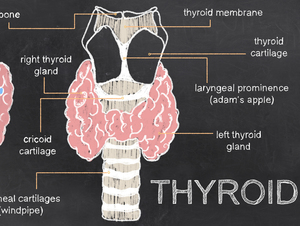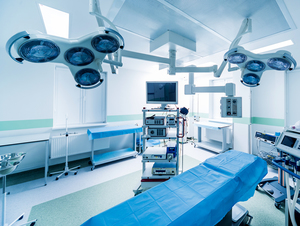I'm really worried about becoming hypOparathyroid after parathyroid surgery. How do you prevent that?


Postoperative permanent hypoparathyroidism (a lifelong deficiency of PTH) is a known risk of thyroid and parathyroid surgery. It is a terrible complication, but fortunately it is extremely rare. Note that everyone will have some temporary hypoparathyroidism after parathyroid surgery - this is expected, since the remaining parathyroid glands have been suppressed and are not making much PTH. This generally resolves in the weeks after surgery. In extremely rare cases, the PTH does not recover, and the patient may have to deal with very low calcium levels, requiring a lot of calcium and Vitamin D supplementation lifelong.
The risk of this is tiny if only one parathyroid gland is removed and three remain. The risk is higher if you have to remove three and a half glands, as in the case of hyperplasia. In these cases, we have to leave behind enough parathyroid to keep the calcium level in normal range, but not leave behind so much that the person still has hyperparathyroidism. Because of the risk of hypOparathyroidism, we will err on the side of leaving a bigger piece of parathyroid behind, with the thought that we can always remove more later. It is better to have to reoperate in a few years to take off more of the gland, rather than take too much off, witht he possibility of leaving someone hypOparathyroid. If you leave enough parathyroid tissue behind, the risk of permanent hypoparathyroidism is very very low.


